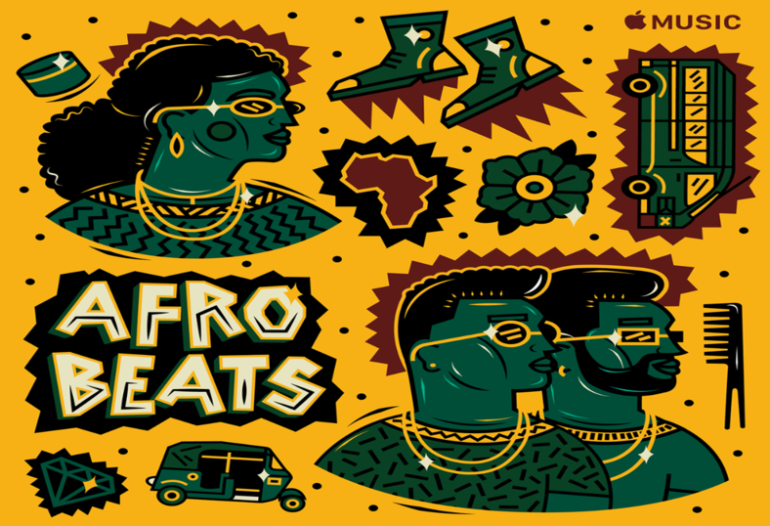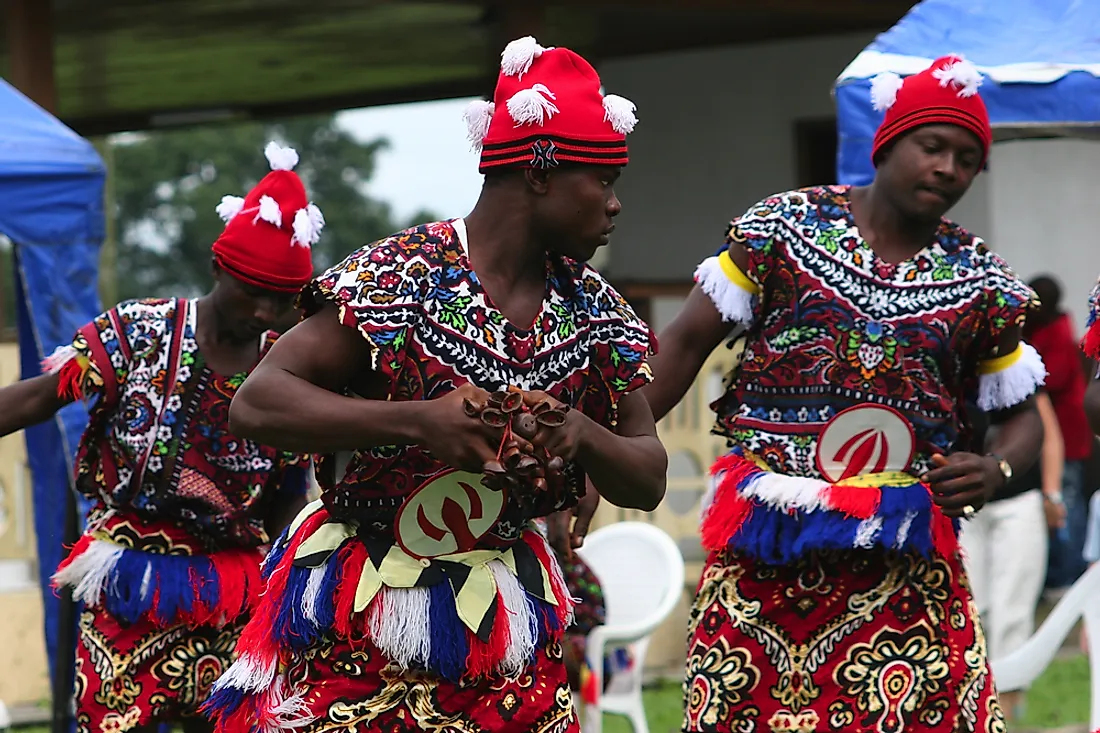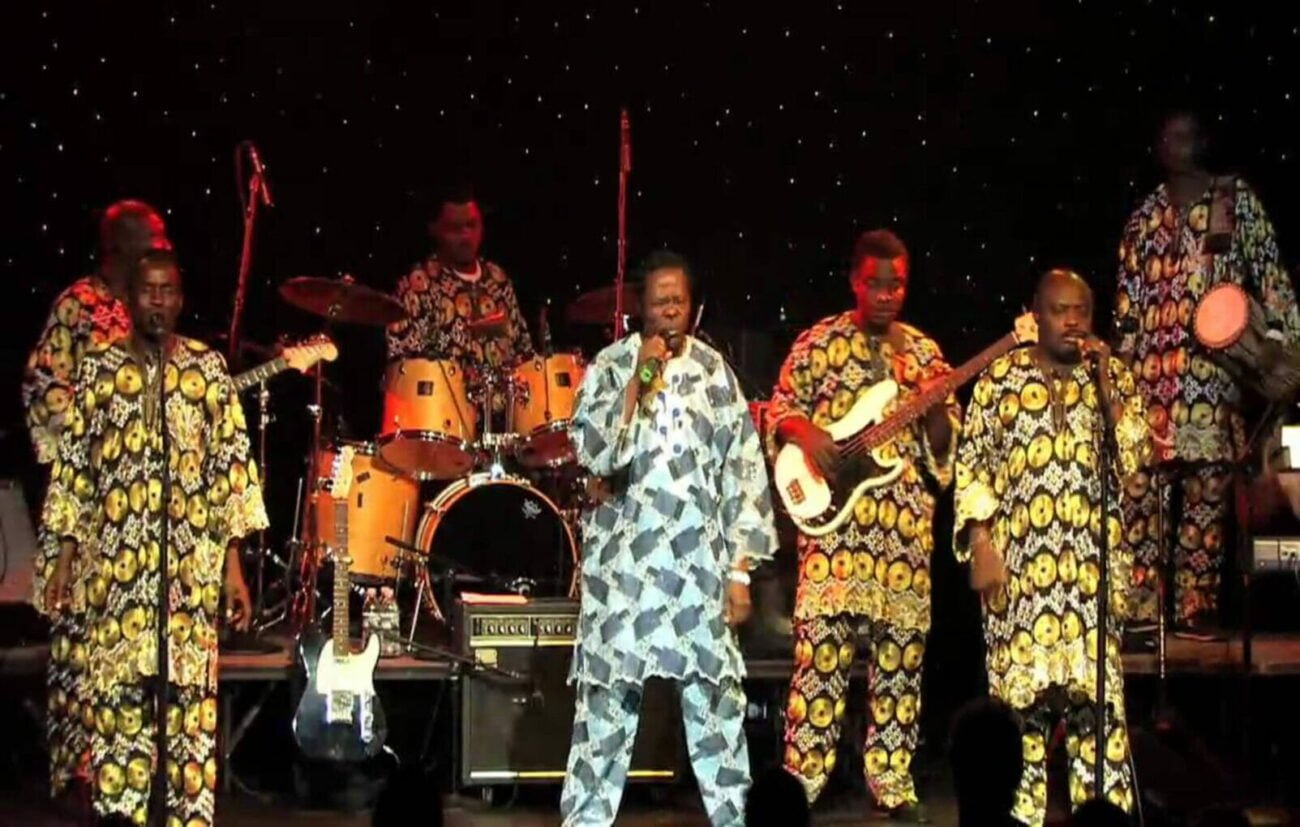With a cultural diversity that few countries can match, Nigeria’s music industry is a reflection of the nation’s many influences. Over the years, Nigerian music has evolved, but the last decade has been transformative. In this article, we will take a closer look at the evolution of Nigerian music in the last ten years and how it has become a global phenomenon.
The Nigerian music industry has experienced rapid growth over the years, with numerous talented artists making a name for themselves both locally and internationally. However, the last decade has witnessed a significant shift in the Nigerian music scene, with the emergence of new genres and the rebranding of old ones.
The Emergence of Afrobeats
Afrobeats is a genre of music that originated in Nigeria in the early 2000s. It is a fusion of African rhythms, Western pop, and hip-hop. The genre gained popularity in Nigeria and spread to other parts of Africa and the world.
The last decade saw the rise of many Afrobeats stars such as Wizkid, Davido, Burna Boy, and Tiwa Savage, who have all made significant contributions to the growth of the genre. In fact, their music has become so popular that it has been recognized globally.

The Influence of Dancehall and Reggae
Nigerian music has always had a strong influence on Jamaican dancehall and reggae music. However, in the last decade, this influence has become more evident, with many Nigerian artists incorporating dancehall and reggae elements into their music.
Artists such as Patoranking, Timaya, and Runtown have all had great success with this fusion of genres, and their music has continued to captivate audiences worldwide.

The Growth of Afro-fusion
Afro-fusion is a genre of music that combines Afrobeats with other genres such as jazz, soul, and R&B. The last decade saw the emergence of many Afro-fusion artists such as Tems, Odunsi, and Santi, who have all contributed to the growth of the genre. These artists have added a new dimension to Nigerian music and expanded its appeal, resulting in even more fans around the world.
The Rise of Nigerian Gospel Music
Nigerian gospel music has always been popular, but the last decade saw a surge in its popularity. Many Nigerian gospel artists such as Nathaniel Bassey, Sinach, and Frank Edwards have become household names not only in Nigeria but also around the world. Their music, which often incorporates traditional Nigerian elements, has resonated with audiences worldwide, regardless of religion.
The Impact of Technology
Advancements in technology have had a profound impact on the Nigerian music industry in the last decade. The rise of streaming services such as Spotify and Apple Music has made it easier for Nigerian music to reach a global audience. This has helped to promote and amplify Nigerian music, resulting in its wider appeal.
The Role of Social Media
Social media has played a significant role in the evolution of Nigerian music in the last decade. Artists can now connect with their fans directly through social media platforms such as Twitter, Instagram, and YouTube. This has helped to promote their music and increase their popularity, as fans from all over the world have been able to follow and engage with their favorite artists.
The Influence of Nigerian Culture
Nigerian music is deeply rooted in the country’s culture and traditions. In the last decade, many Nigerian artists have embraced their culture and incorporated it into their music. This has helped to create a unique sound that is instantly recognizable as Nigerian.
Moreover, this has allowed Nigerian music to showcase its cultural heritage and share it with the world.

The Globalization
The Nigerian music industry has shown tremendous growth in recent years, with many talented artists taking center stage and producing exceptional music that resonates with audiences around the world. As technology continues to advance and social media platforms become increasingly accessible, the future of Nigerian music is looking brighter than ever.
The industry’s continued evolution and innovative spirit are sure to produce even more exciting music in the years to come. As Nigeria’s music industry becomes more globalized, we can expect to see more collaborations with international artists and the fusion of more genres to create new sounds that are unique to Nigerian music.
In conclusion, the last decade has been a significant one for Nigerian music, with the industry evolving in remarkable ways. From the rise of Afrobeats to the emergence of Afro-fusion and the growth of gospel music, Nigerian music has become a global phenomenon. With the impact of technology and social media, the globalization of Nigerian music, and the continued influence of Nigerian culture, the future of the industry looks bright and promising.







